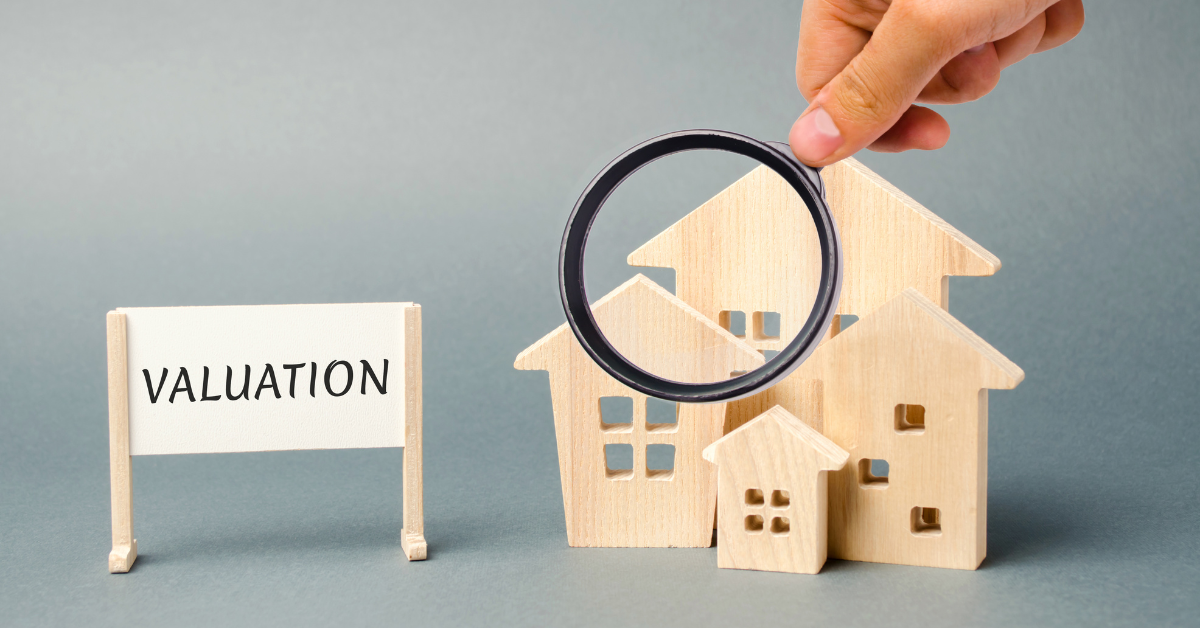Property valuation is a fundamental aspect of real estate investment, shaping decisions regarding acquisition, financing, and portfolio management. For investors in the Boston market, mastering the art of property valuation is essential for identifying lucrative opportunities and maximizing returns on investment.
In this guide, we’ll explore the significance of property valuation, different valuation methods, factors influencing property value in Boston, and practical strategies for accurately assessing property values and investment potentials.
The Significance of Property Valuation
Property valuation is the process of determining the fair market value of a property based on various factors, including its location, condition, size, and comparable sales.
Valuation plays a crucial role in real estate investment by providing investors with insights into a property’s worth and potential for appreciation.
Whether acquiring, selling, or managing properties, investors rely on accurate valuation to make informed decisions and optimize investment returns.
Different Methods and Approaches to Property Valuation

There are several methods and approaches to property valuation, each suited to different types of properties and investment objectives. Common valuation methods include:
Sales Comparison Approach
This method involves comparing the subject property to similar properties recently sold in the same area to determine its market value.
Income Approach
The income approach assesses a property’s value based on its income-generating potential, using metrics such as rental income and operating expenses to calculate the property’s net present value.
Cost Approach
The cost approach evaluates a property’s value based on the cost of reproducing or replacing it, taking into account depreciation and obsolescence.
Automated Valuation Models (AVMs)
AVMs use algorithms and statistical models to estimate property values based on property data and market trends.
Understanding the strengths and limitations of each valuation method is essential for conducting accurate and reliable property valuations.
Factors Influencing Property Value in the Boston Market
Several factors influence property values in the Boston market, including:
- Location: Proximity to amenities, schools, transportation, and employment centers can significantly impact property values.
- Market Conditions: Supply and demand dynamics, economic trends, and interest rates influence market values and property appreciation rates.
- Property Characteristics: Factors such as size, condition, age, and architectural style affect property values and desirability.
- Zoning and Land Use Regulations: Zoning laws, historic preservation ordinances, and development restrictions can influence property values and use.
Understanding these factors and their implications for property values is essential for conducting accurate valuations and assessing investment potentials.
Tips for Accurately Assessing Property Values

To accurately assess property values and investment potentials in the Boston market, consider the following tips:
1. Conduct Thorough Market Research
Gather data on recent sales, rental rates, market trends, and economic indicators to inform your valuation analysis.
2. Utilize Multiple Valuation Methods
Use a combination of valuation methods to triangulate property values and validate your estimates.
3. Consider Future Growth Potential
Evaluate the property’s growth prospects, development opportunities, and potential for appreciation over time.
4. Seek Professional Advice
Consult with real estate professionals, appraisers, and market analysts for expert insights and guidance.
5. Leverage Technology and Tools
Utilize real estate valuation software, online databases, and market research reports to streamline your analysis process and access valuable data and insights.
Resources and Tools for Property Valuation and Market Research
Several resources and tools are available to assist Boston real estate investors in property valuation and market research, including:
- MLS Listings and Public Records: Access local Multiple Listing Service (MLS) databases and public records to gather information on recent sales, property characteristics, and market trends.
- Real Estate Valuation Software: Invest in real estate valuation software and tools designed to automate valuation calculations, generate reports, and analyze market data.
- Market Research Reports: Subscribe to industry publications, market research reports, and economic forecasts to stay informed about market trends and developments.
- Real Estate Associations and Networks: Join local real estate associations, networking groups, and online forums to connect with peers, share insights, and access valuable resources and information.
Conclusion
Mastering the art of property valuation is essential for success in the competitive Boston real estate market. Utilize the tips, resources, and tools provided to enhance your property valuation skills and achieve success in your real estate investments in Boston.
Maximize your investment potential with Profitable Properties Boston‘s expert guidance on mastering property valuation! Gain essential strategies tailored for Boston real estate investors to accurately assess property worth and unlock hidden value.
Take control of your real estate ventures and achieve financial success – contact us today to access our essential guide and elevate your property valuation expertise!




